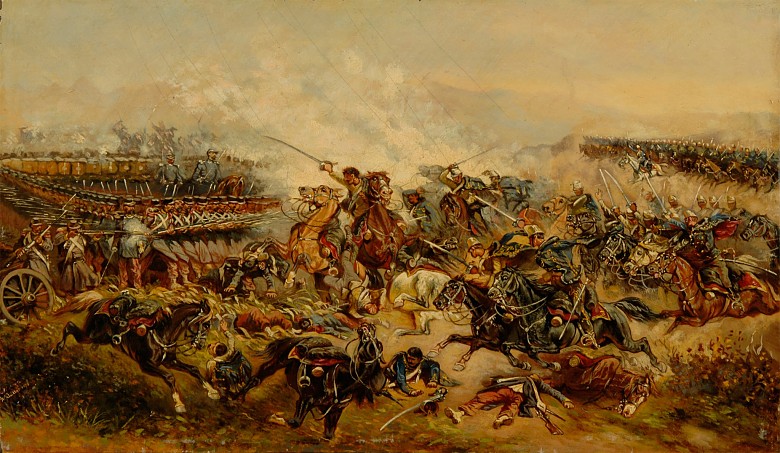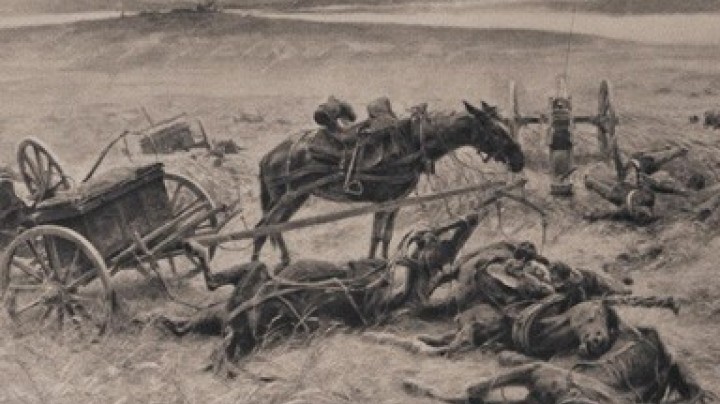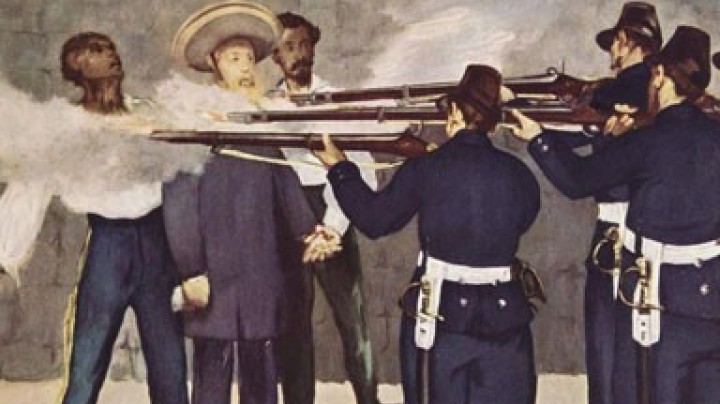War over Italy
It is rare that the victims of war are put into the limelight – reports usually speak only of ‘glorious’ or ‘tragic’ battles – but one man’s grim experience of war at Solferino moved him to found a humanitarian relief organization.
The war in Italy against Piedmont-Sardinia and France led to the Habsburgs losing Lombardy, acquired in 1714 at the end of the War of the Spanish Succession, to Piedmont in 1859. Venetia had been given to the Habsburgs in the course of the Napoleonic wars in compensation for their temporary loss of Lombardy, which had gone to the Corsican Napoleon. The Congress of Vienna confirmed Habsburg possession of both provinces. As early as 1848 Piedmont-Sardinia had attempted to conquer Lombardy, but had been defeated by the Habsburg commander Field Marshal Radetzky. Piedmont-Sardinia finally achieved victory over the Habsburgs through alliance with France, thus opening up the path to the national unification of Italy.
The infamous high point of this war was the battle of Solferino, in which Austria suffered their decisive defeat on 24 June 1859. The horrors of this battle, which were reckoned with by Emperor Franz Joseph (even though he himself was ‘not conscious of any guilt’), were described by the Swiss businessman Henry Dunant, an eyewitness, as follows: ‘It is a terrible man-to-man battle. Soldiers are treading each other underfoot, knocking each other down with their rifle butts, smashing open their opponents’ heads and slicing open their stomachs with sabre or bayonet ... Even the wounded defend themselves to the last. When they have no weapon, they seize their opponent and bite his throat open. Elsewhere ... the cavalry carves its way over the dead and dying ... bodies are turned into formless masses. The earth is literally soaked in blood, and the ground is bespattered with unrecognizable human remains.’ These terrible experiences motivated Dunant to found the Red Cross, which today is one of the world’s largest humanitarian relief organizations.


















